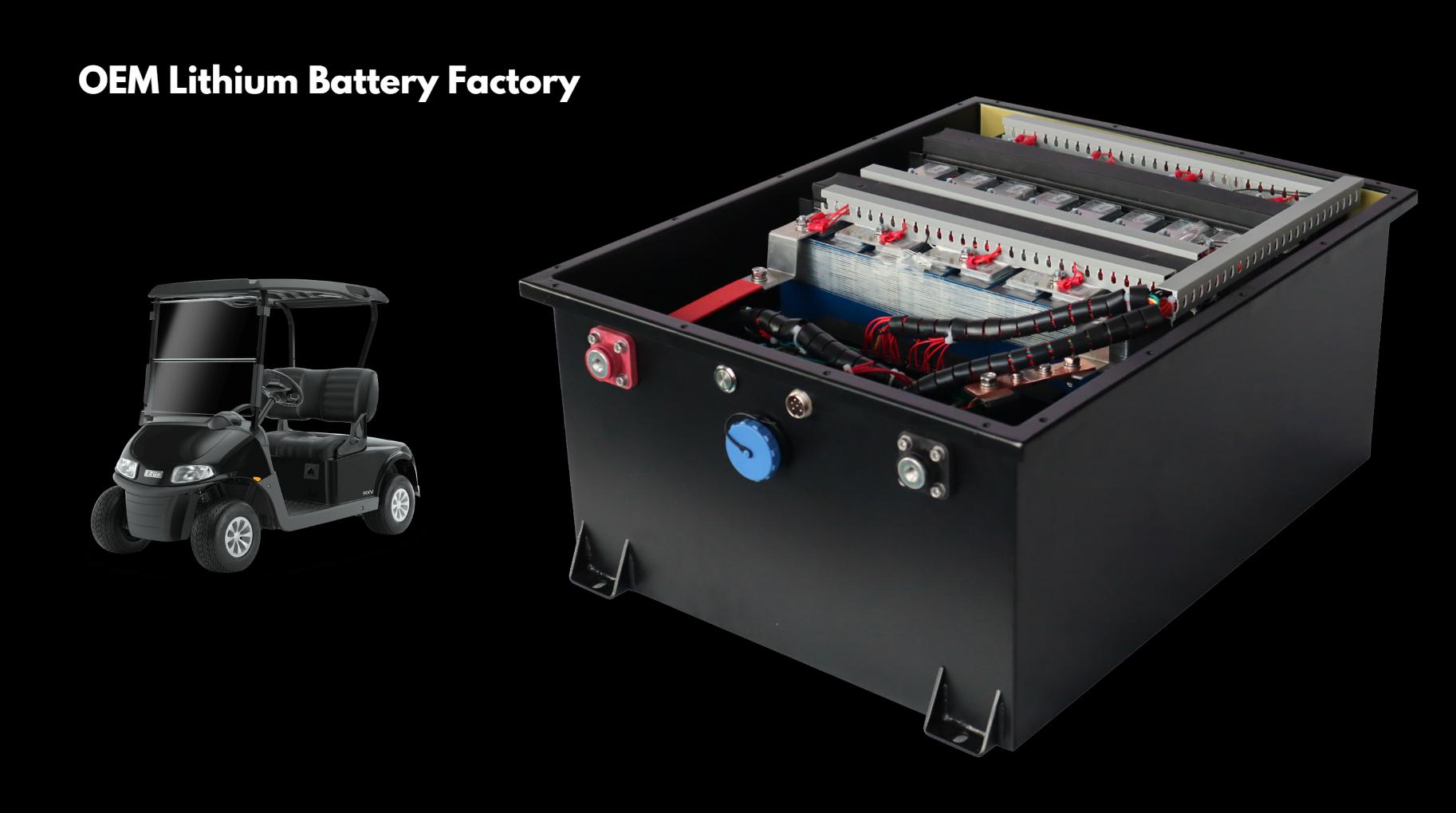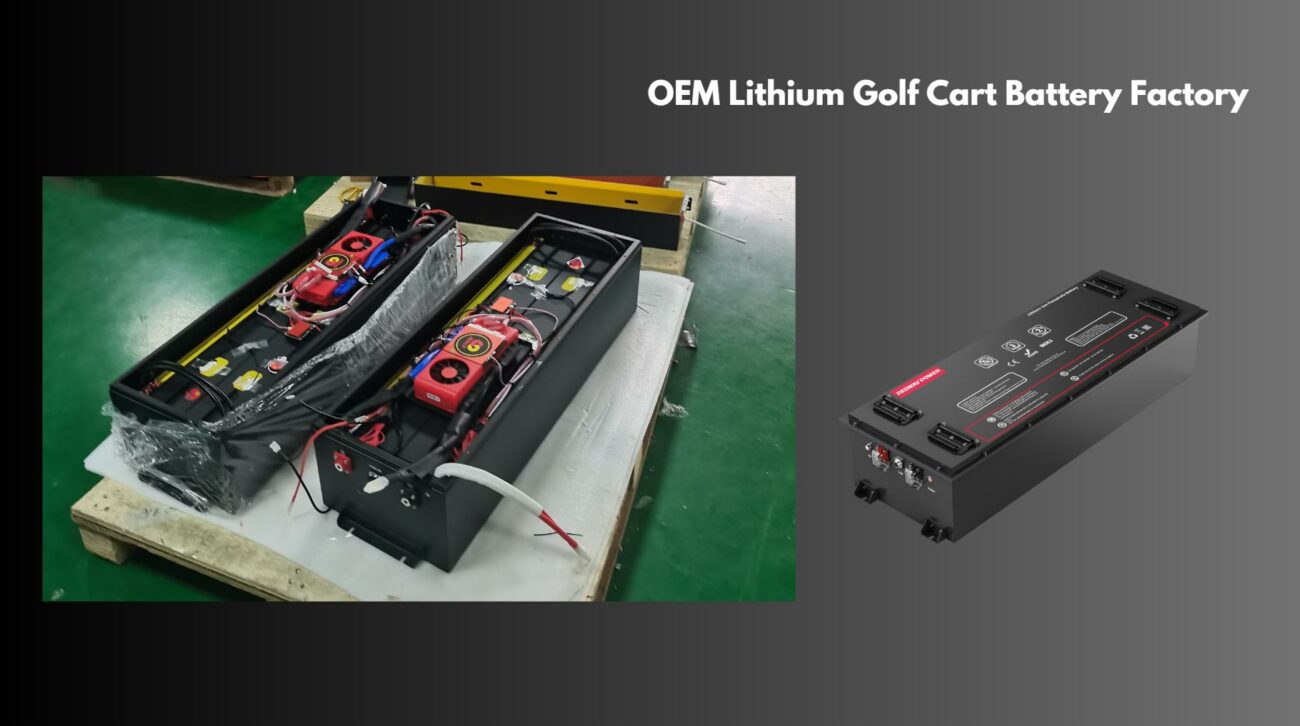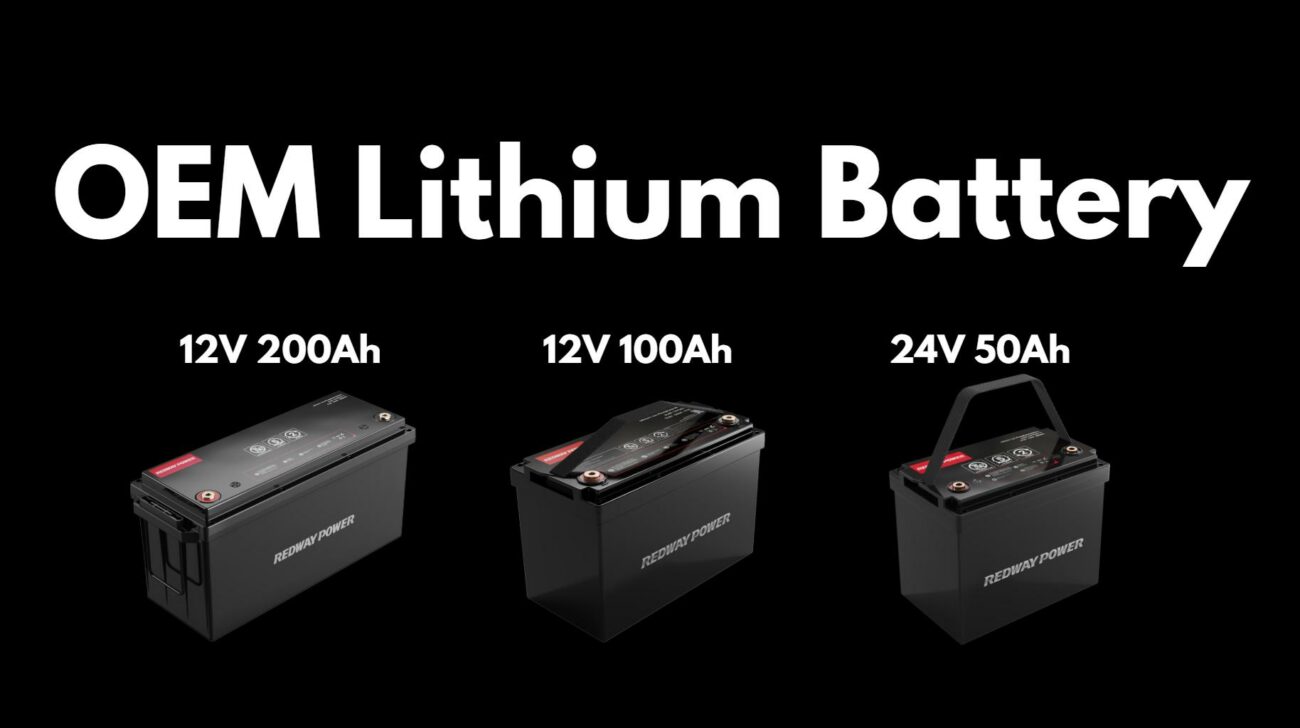Looking for a reliable source of LiFePO4 batteries? Key capabilities include automated lines for consistent production, precision assembly for quality, and rigorous testing for safety. Advanced cell design, electrode coating, and BMS integration ensure top performance. These factors separate leading LiFePO4 battery manufacturers from the rest.
What manufacturing capabilities are crucial for a LiFePO4 battery factory?
Crucial manufacturing capabilities for a LiFePO4 battery factory include automated production lines, precision assembly, strict testing facilities, advanced cell design, electrode coating techniques, BMS integration, clean room environments, robust material selection, and comprehensive quality control processes. These capabilities ensure high-quality, reliable, and safe LiFePO4 batteries.
How do automated production lines enhance LiFePO4 battery quality?
Automated production lines enhance LiFePO4 battery quality by ensuring consistent and precise manufacturing processes. Automation reduces the risk of human error, increases production speed, and maintains uniform quality across large volumes of batteries. This leads to more reliable and higher-performing LiFePO4 batteries.
Also read:
Is Electrolyte the Key to LiFePO4 Life?
LiFePO4 Cell Assembly: What Techniques Matter Most?
Does Electrode Quality Boost LiFePO4 Power?
What Makes a Top-Tier LiFePO4 Battery Factory?
What role does precision assembly play in LiFePO4 battery manufacturing?
Precision assembly plays a critical role in LiFePO4 battery manufacturing by ensuring that each component is accurately placed and securely assembled. This precise assembly minimizes defects, enhances battery performance, and improves overall reliability. High precision assembly is essential for producing LiFePO4 batteries that meet stringent quality standards.
Why are strict testing facilities essential for LiFePO4 battery production?
Strict testing facilities are essential for LiFePO4 battery production because they verify the safety, performance, and reliability of each battery. Testing facilities conduct various tests, including electrical, thermal, and environmental tests, to ensure the batteries meet required specifications and can withstand various operating conditions. These facilities also ensure that the LiFePO4 batteries meet industry standards.
How does advanced cell design contribute to LiFePO4 battery performance?
Advanced cell design contributes significantly to LiFePO4 battery performance by optimizing energy density, discharge rates, and cycle life. Innovative cell designs can improve the overall efficiency and longevity of the battery, making it more suitable for demanding applications such as electric vehicles and energy storage systems.
What electrode coating techniques ensure optimal battery efficiency?
Electrode coating techniques are crucial for ensuring optimal battery efficiency by controlling the uniformity, thickness, and adhesion of the electrode materials. Advanced coating processes improve the electrochemical performance of the battery, increasing energy density, enhancing charge/discharge rates, and extending cycle life. Precise electrode coating is essential for maximizing battery performance.
How does the integration of a Battery Management System (BMS) impact battery reliability?
The integration of a Battery Management System (BMS) significantly impacts battery reliability by monitoring and controlling the battery’s voltage, current, temperature, and state of charge. A BMS protects the battery from overcharging, over-discharging, and thermal runaway, extending its lifespan and ensuring safe operation. Effective BMS integration is vital for the long-term reliability of LiFePO4 batteries.
Why are clean room environments important in LiFePO4 battery manufacturing?
Clean room environments are important in LiFePO4 battery manufacturing because they minimize contamination from dust, particles, and other impurities that can negatively affect battery performance and lifespan. Clean rooms ensure a controlled environment that maintains the purity of materials and processes, leading to higher quality and more reliable batteries.
How does material selection influence the quality of LiFePO4 batteries?
Material selection significantly influences the quality of LiFePO4 batteries by impacting energy density, safety, and lifespan. High-purity and high-quality materials contribute to better battery performance and reliability. Proper material selection is essential for producing LiFePO4 batteries that meet stringent quality standards.
What quality control processes should a LiFePO4 battery factory employ?
A LiFePO4 battery factory should employ comprehensive quality control processes at every stage of production, including:
- Incoming Material Inspection: Verifying the quality and purity of raw materials.
- In-Process Quality Control: Monitoring and controlling critical parameters during manufacturing.
- Final Product Testing: Conducting performance and safety tests on finished batteries.
- Statistical Process Control (SPC): Using statistical methods to monitor and improve process stability.
- Continuous Improvement: Implementing feedback loops and corrective actions to enhance quality.
How does the factory’s layout affect the efficiency of LiFePO4 battery production?
The factory’s layout significantly affects the efficiency of LiFePO4 battery production by optimizing material flow, minimizing bottlenecks, and improving workflow. A well-designed layout reduces production time, minimizes material handling, and enhances overall productivity. Effective factory layout is essential for maximizing production efficiency.
What worker training programs are vital for LiFePO4 battery manufacturing?
Worker training programs are vital for LiFePO4 battery manufacturing to ensure that employees have the necessary skills and knowledge to perform their tasks effectively and safely. Training programs should cover:
- Battery Manufacturing Processes: Understanding the steps involved in battery production.
- Equipment Operation: Proper use and maintenance of manufacturing equipment.
- Quality Control Procedures: Implementing and adhering to quality control standards.
- Safety Protocols: Following safety guidelines to prevent accidents and injuries.
- Problem-Solving Techniques: Identifying and resolving issues that arise during production.
How does effective supply chain management improve LiFePO4 battery quality?
Effective supply chain management improves LiFePO4 battery quality by ensuring a consistent supply of high-quality raw materials and components. Supply chain management involves selecting reliable suppliers, monitoring material quality, and managing inventory levels to prevent shortages and delays. A well-managed supply chain is essential for maintaining consistent battery quality.
What sustainable practices are LiFePO4 battery factories adopting?
Sustainable practices in LiFePO4 battery factories include:
- Recycling Programs: Implementing recycling programs for battery materials and components.
- Energy Efficiency: Reducing energy consumption through efficient equipment and processes.
- Waste Reduction: Minimizing waste generation and implementing waste management programs.
- Sustainable Materials: Using environmentally friendly materials whenever possible.
- Water Conservation: Conserving water usage in manufacturing processes.
Expert Views
“A top-tier LiFePO4 battery factory is characterized by its commitment to advanced manufacturing technologies and stringent quality control processes,” says Jian Lin, a manufacturing specialist at Redway Advanced Batteries. “Automated production lines, precision assembly, and comprehensive testing facilities are essential for producing high-quality and reliable LiFePO4 batteries. Moreover, sustainable practices and worker training programs are vital for ensuring long-term operational excellence.”
Conclusion
The manufacturing capabilities of a LiFePO4 battery factory significantly impact the quality, reliability, and safety of the batteries produced. Automated production lines, precision assembly, strict testing facilities, advanced cell design, and comprehensive quality control processes are crucial for creating high-performing LiFePO4 batteries. By focusing on these key capabilities, buyers, investors, and industry professionals can make informed decisions and select manufacturing partners that prioritize quality and sustainability.
FAQ
- What is the most important manufacturing capability for LiFePO4 batteries?Automated production lines and strict testing facilities are among the most important for ensuring consistent quality and safety.
- How can I assess the quality control processes of a LiFePO4 battery factory?Request documentation on their quality control procedures, certifications, and testing protocols.
- Why is BMS integration so important for LiFePO4 batteries?BMS integration is critical for ensuring the safe and reliable operation of LiFePO4 batteries by monitoring and controlling battery parameters.
- How do clean room environments impact the cost of LiFePO4 batteries?Clean room environments may increase production costs, but they result in higher-quality and more reliable batteries, providing long-term value.
- Are sustainable practices more expensive for LiFePO4 battery factories?While there may be initial investment costs, sustainable practices can reduce long-term operational costs and improve the factory’s environmental footprint.
















